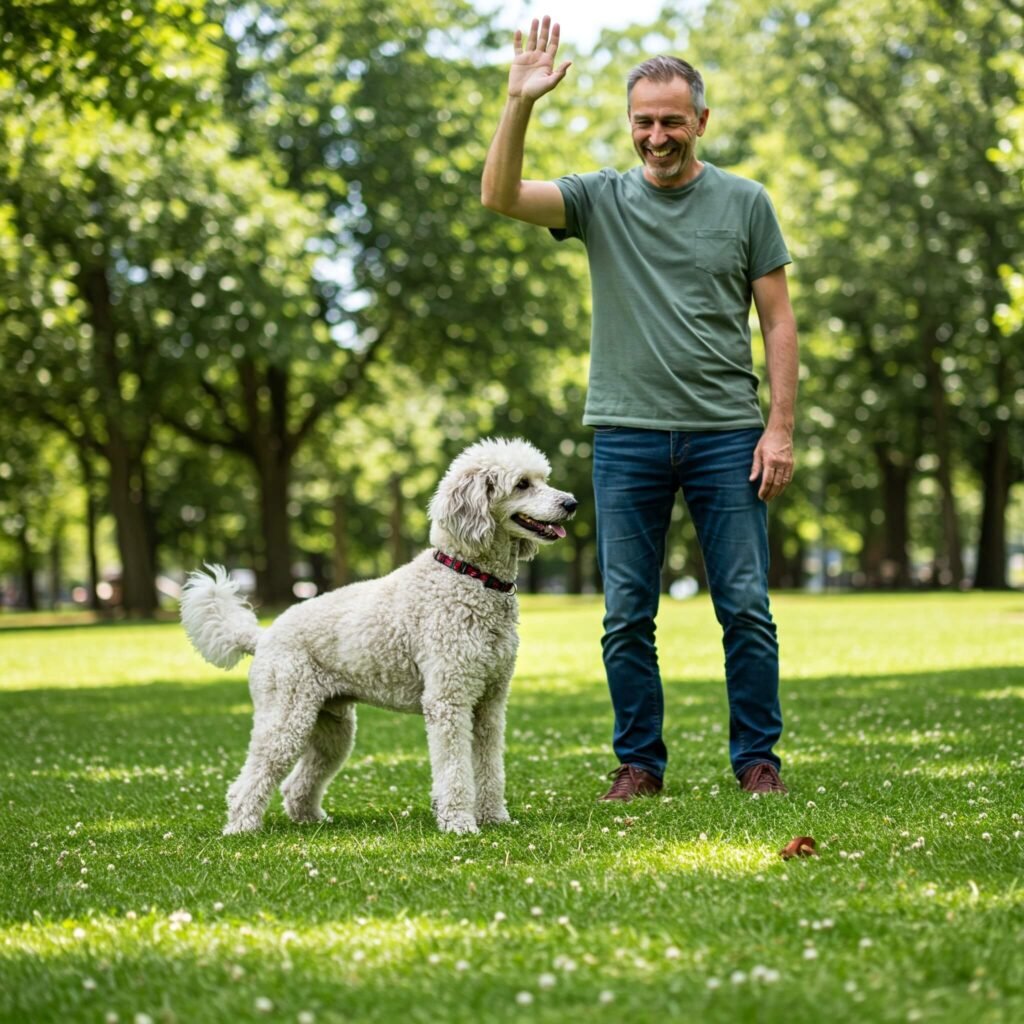Many believe that once a dog reaches a certain age, their learning days are over. However, that couldn’t be further from the truth! Yes, you can train older dogs, and it can be a rewarding experience for both you and your furry friend. While their pace and needs might differ from a puppy’s, senior dogs are absolutely capable of learning new commands, breaking old habits, and strengthening their bond with you. This guide will walk you through how to successfully train older dogs, providing practical tips and insights to get you started.
Why It’s Absolutely Possible to Train Older Dogs
Yes, you can train older dogs because their brains retain plasticity throughout their lives. While they might not have the boundless energy of a puppy, their life experiences often mean they have better focus and a deeper connection with their owners. Plus, training provides mental stimulation, which is crucial for keeping senior dogs happy and healthy.
- They have a longer attention span: Older dogs are often less easily distracted than puppies.
- They have established routines: You can leverage these routines to introduce new commands.
- They crave connection: Training provides quality one-on-one time with you.
According to the American Kennel Club (AKC) [https://www.akc.org/expert-advice/training/can-you-really-teach-old-dog-new-tricks/], positive reinforcement methods are highly effective for dogs of all ages.
Getting Started: Tailoring Training for Senior Dogs
When you decide to train older dogs, it’s essential to approach it with patience and understanding. Here’s how to tailor your training approach:
Understanding Their Physical Needs
Senior dogs might have physical limitations like arthritis or decreased vision/hearing.
- Keep sessions short and frequent: Avoid tiring them out. Aim for 5-10 minute sessions several times a day.
- Choose comfortable training locations: Opt for soft surfaces and avoid slippery floors.
- Be mindful of their pace: Allow them to learn at their own speed.
- Consult your vet: Rule out any underlying health issues that might affect their ability to learn.

Utilizing Positive Reinforcement
Just like with younger dogs, positive reinforcement is key when you train older dogs.
- Use high-value treats: Find out what motivates your senior dog the most.
- Employ verbal praise and gentle petting: Positive reinforcement isn’t just about food.
- Keep it fun and engaging: End each session on a positive note.
The Humane Society of the United States [https://www.humanesociety.org/resources/dog-training-positive-reinforcement] emphasizes the effectiveness of reward-based training.
Addressing Existing Habits
If you’re looking to break old habits while you train older dogs, consistency is crucial.
- Identify the trigger: Understand what prompts the unwanted behavior.
- Manage the environment: Prevent the behavior from occurring in the first place.
- Teach an alternative behavior: Reward them when they perform the desired action instead.
Key Commands to Focus On When You Train Older Dogs
While you can teach your senior dog many things, some commands are particularly beneficial:
- Recall (Come): Essential for safety and freedom.
- Sit and Stay: Useful for control and preventing unwanted actions.
- Leave It: Important for preventing them from picking up potentially harmful objects.
- Down: A calming and submissive posture.

Troubleshooting Common Challenges When You Train Older Dogs
You might encounter some unique challenges when you train older dogs:
- Stubbornness: This might be due to ingrained habits or physical discomfort. Be patient and adjust your approach.
- Slower learning pace: Understand that it might take them longer to grasp new concepts. Celebrate small victories.
- Limited mobility: Adapt exercises to their physical capabilities.
Remember, every dog is an individual. What works for one senior dog might not work for another. Be observant, flexible, and most importantly, enjoy the journey of learning together. Yes, you can train older dogs, and the bond you build in the process is priceless.








































